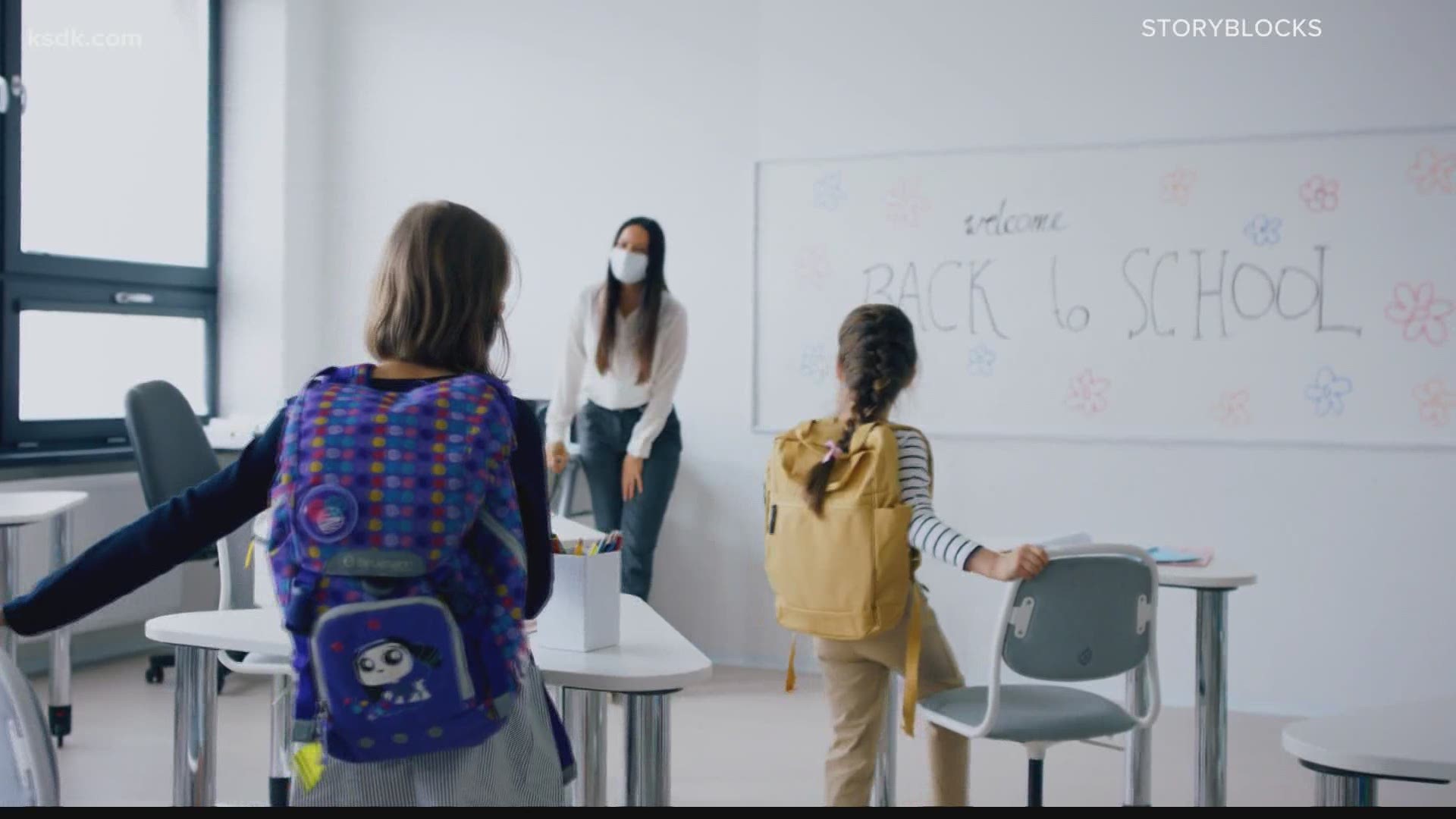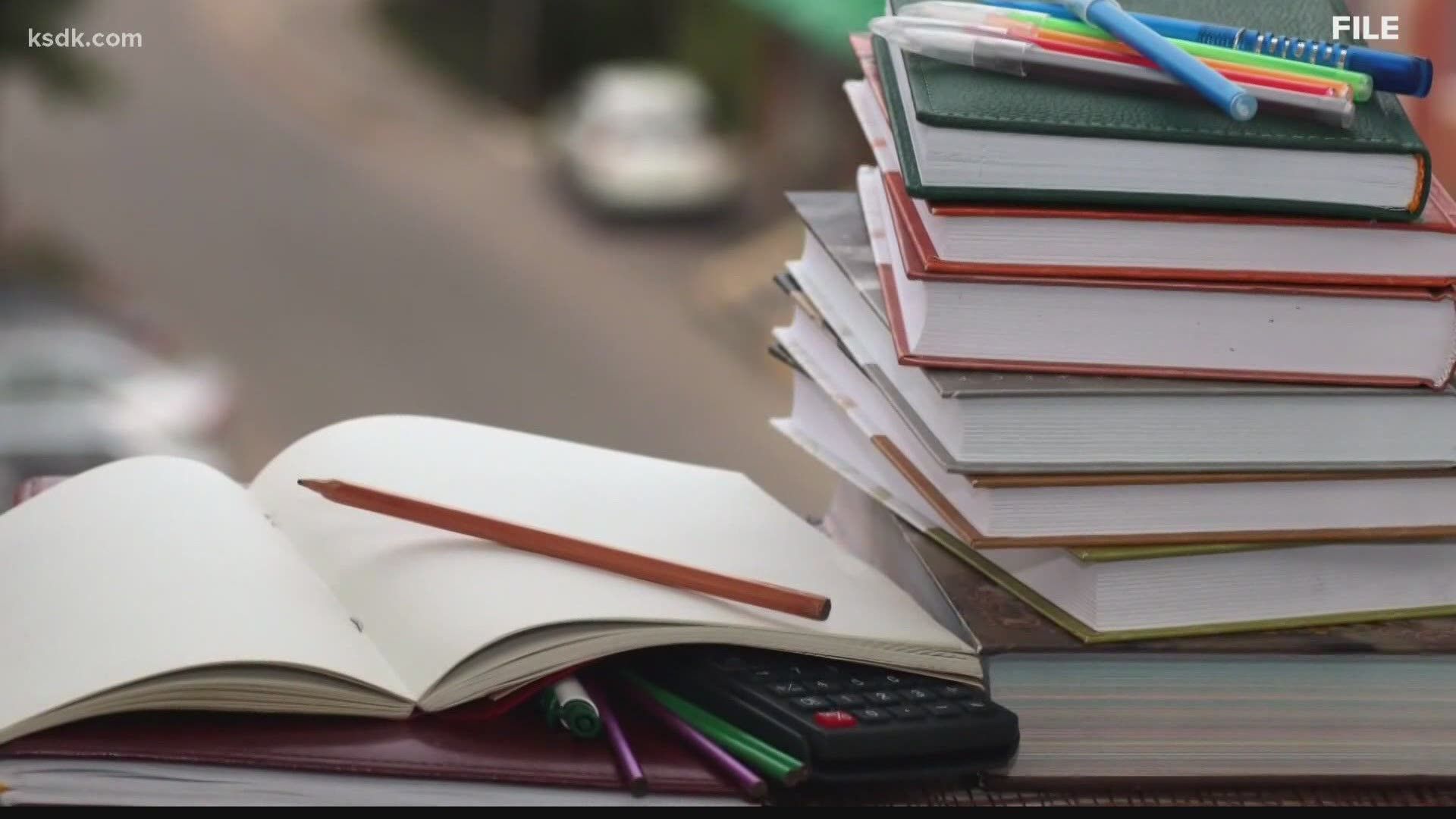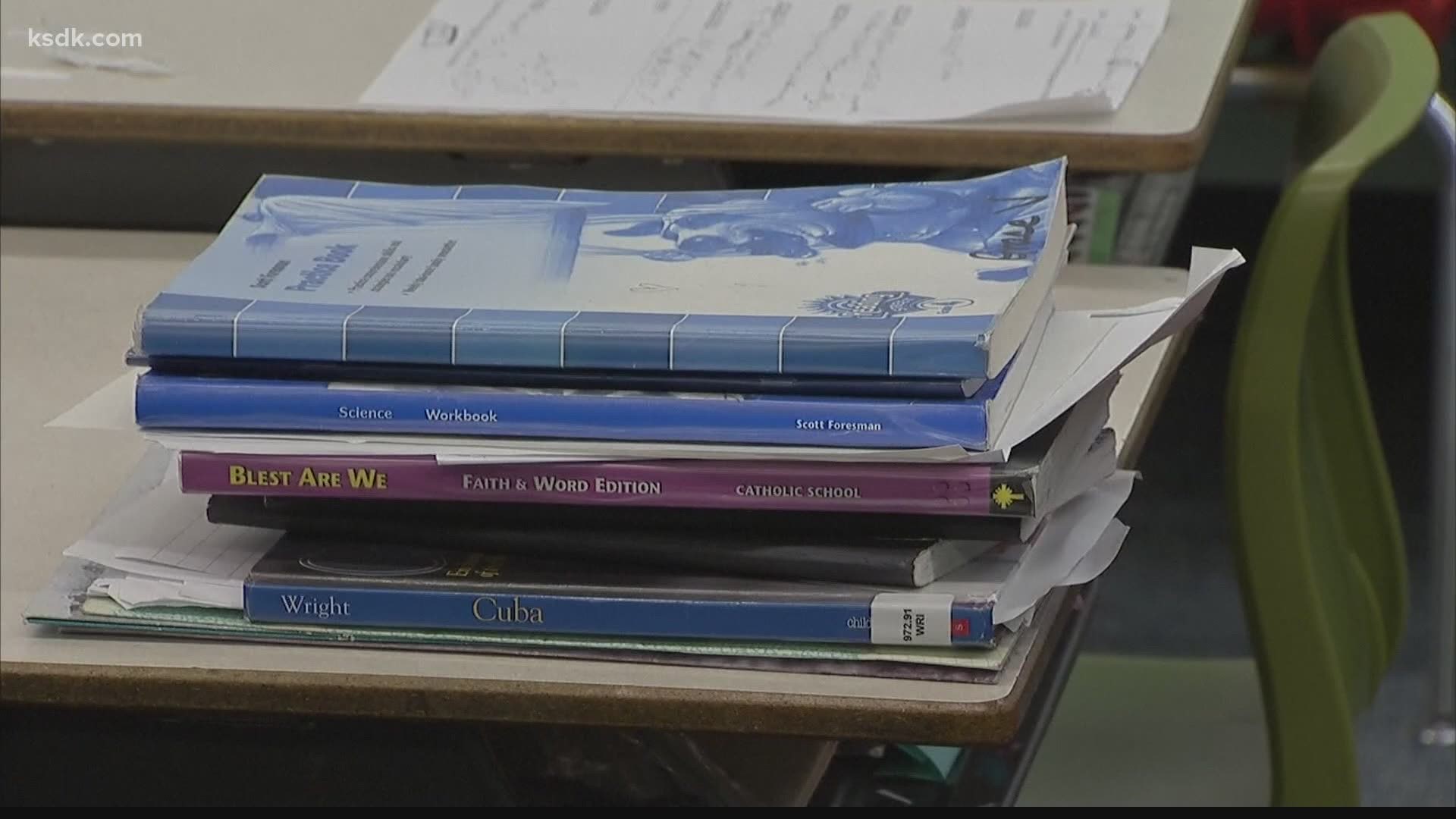Even parents and teachers with a lot of concerns when it comes to the new school year have often admitted: they’re glad it’s not their job to determine what the fall semester will look like during the ongoing pandemic. That’s not the case for Dr. Paul Ziegler, though, who’s been part of the reopening conversation for 58 area school districts as the CEO of Education Plus.
“It's been exhausting,” Ziegler said. “It's a tough decision because unfortunately it's life or death in some situations.”
And he said he knows it’s impossible to come up with a solution that makes everyone happy.
“It's like a snow day on steroids, almost, you know, we take a lot of grief over snow days, but this is this is much worse than that," Ziegler said.
He said each district is coming up with what works for its schools based on resources that include financial, personnel, classroom space and technology infrastructure concerns.
“It's inevitable parents are going to want to compare to what the district next to me is doing or the other district,” Ziegler said. “Realistically, they have to understand that every district has a unique set of circumstances and challenges.”
While most districts don’t plan to release their back-to-school plans until July 20, Dr. Ziegler says we can expect three key things in each.
First, there will be a preference to get kids back in the physical classroom when and wherever possible.
“I think every district really believes that the best way for our kids to learn or most kids to learn is in that in person environment,” Ziegler said. “That really makes that education, you know, the best possible outcome for kids.So we recognize that, but also we recognize we got to balance that against what the data and the science is telling us and right now unfortunately we're seeing transmission increase.”
Ziegler said even a few months ago, schools were planning for precautions needed for full time in-person learning, and now that’s not necessarily the case.
“Dealing with the science and what that moving target may look like in August is really the difficult part for superintendents and our educational leaders," Ziegler said.
In-person learning will require changes that Dr. Ziegler is confident teachers will be able to implement. Parents, he said, will also play a role.
“Really where we're going to need some support, especially with some of our older students is making sure that our parents are supporting your schools as well. They may disagree, sometimes with the decision that's made with a school," Ziegler said. "But again, I hope that our parents understand there's a lot of thought and effort that's going into making these plans, and even if they disagree, hopefully they will not disagree openly with their kids,” he said. “I hope they'll support it with their students that we have to have an orderly environment.
“If we're going to not only support a face to face meeting of students and teachers, but also support not contributing to the spread of COVID in the community, we have to implement some things that we don't necessarily want to either, but know that that's the only way we can have school.”
Second, Ziegler said every district will have some plans for online learning.
“Every district is using an equity lens to try and figure out how do we help those that are most vulnerable in even in an all virtual setting,” he said. “How do we increase the connectivity for kids because we know some of our kids don't have good connectivity if we are forced into a virtual platform. So we're even trying to address that, we're addressing how teachers teach in a virtual environment to make sure that they had better skill set, because it really did catch us off guard.”
In many instances, online and in-person learning will work in tandem.
“Everybody's looking at it based on what their community needs are, to make sure that they're listening to their parents, listening to the data, listening to the science and try to make a good decision about how best to do it, but it will change," Ziegler said.
It will change: that’s the third aspect of these plans that Dr. Ziegler says parents need to prepare for, even after July 20.
“I fully expect that most districts will tweak their plans in some way, shape, or form over the next five weeks,” he said. “So I think that's the unfortunate part for our parents is we're not going to have that definitive answer come Monday. We’ll have a variety of answers that they need to be prepared to implement.”
Dr. Ziegler said the ability to fund these changes has been a conversation across the board, too—and that we need to continue funding schools properly if we don’t want our kids to pay for it.
“Our districts have been very frugal with making sure that they're making good decisions,” he said, citing cuts in education budgets making changes more difficult. “Frankly it's scary to when we hear that if schools don't open face to face that maybe there'll be federal restrictions, that's really short sighted.”



